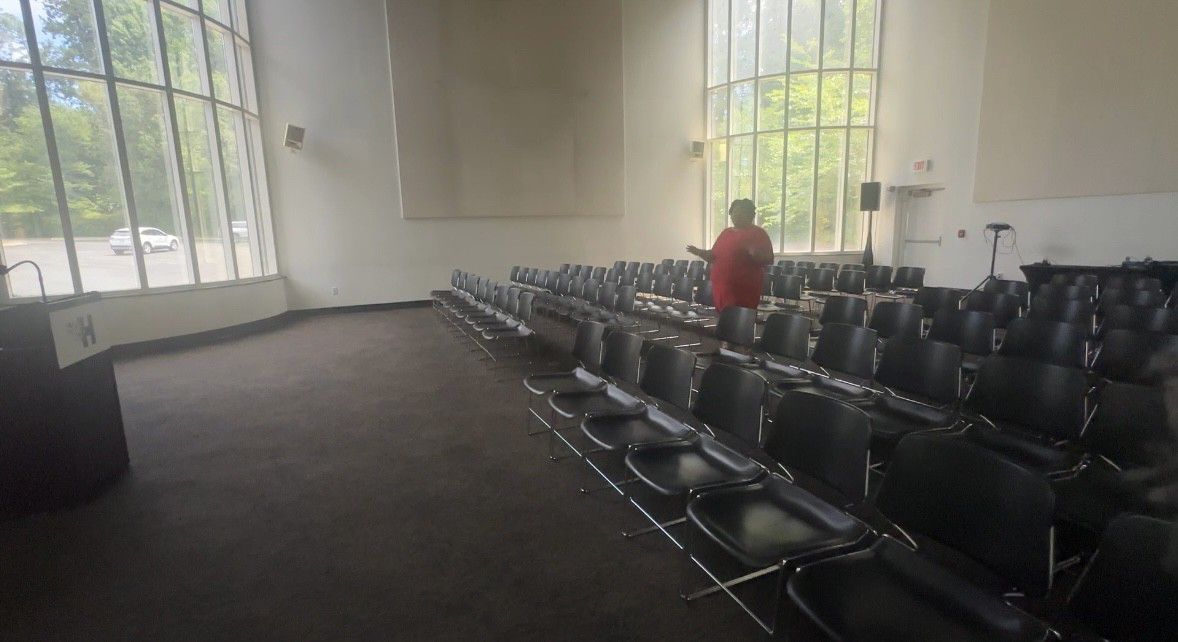CHARLOTTE, N.C. — A group of North Carolina college students is shedding light on a problem killing hundreds of millions of birds each year.
- UNC Charlotte PH.D. student Hannah Partridge says up to a billion birds die each year from crashing into windows
- Partridge and other members of the Audubon Campus Chapter started surveying school buildings in February
- Students have completed over 400 surveys tracking each location where a bird is found dead or hurt using a GPS app on their phone.
UNC Charlotte PH.D. student Hannah Partridge says up to a billion birds die each year from crashing into windows. It’s one of the factors responsible for a 29% decline in North American bird populations since 1970, according to the National Audubon Society.
Partridge is part of a team tracking bird collisions on UNC Charlotte’s campus and finding ways to prevent them.
“I’m looking for any birds along the ground,” Partridge said. “They can be dead, or they can be injured.”
She and other members of the Audubon Campus Chapter, an organization dedicated to bird conservation, started surveying campus buildings in February.
“February 9th through the 12th… we did have all of our 10 dead birds in that one week,” Partridge said.
They’ve completed over 400 surveys tracking each location where a bird is found dead or hurt using a GPS app on their phone. Partridge then compiles the data on a computer spreadsheet to make their findings easier to understand.
Students have taken photos of their findings and shown them to some people at the university’s Office of Sustainability.
“That’s a shocking photo, and that gets people aware and concerned,” she said.
Most companies offer bird-safe glass at a 5% higher price than standard glass. But, from Partridge’s research, she’s found cheaper solutions, such as placing tiny stickers on windows to help birds see the glass.
“Another option are these LED light strips,” Partridge said. “You place the strip of light across the top of a window, and it shines down UV light… so we don’t see it, but birds do, and those are relatively inexpensive.
Partridge and her team plan to continue to survey the campus and collect data through next year.
Bird collisions are a widespread problem across North Carolina.
A recent study by the Mecklenburg Audubon Society found over 500 dead birds around uptown Charlotte between the fall months of 2012 and 2018.
Audubon society offices across the state are working on programs like Lights Out North Carolina, which aims to convince businesses to turn off decorative lights and lights facing skyward at night because they distract birds migrating south during the spring and fall seasons.







)


